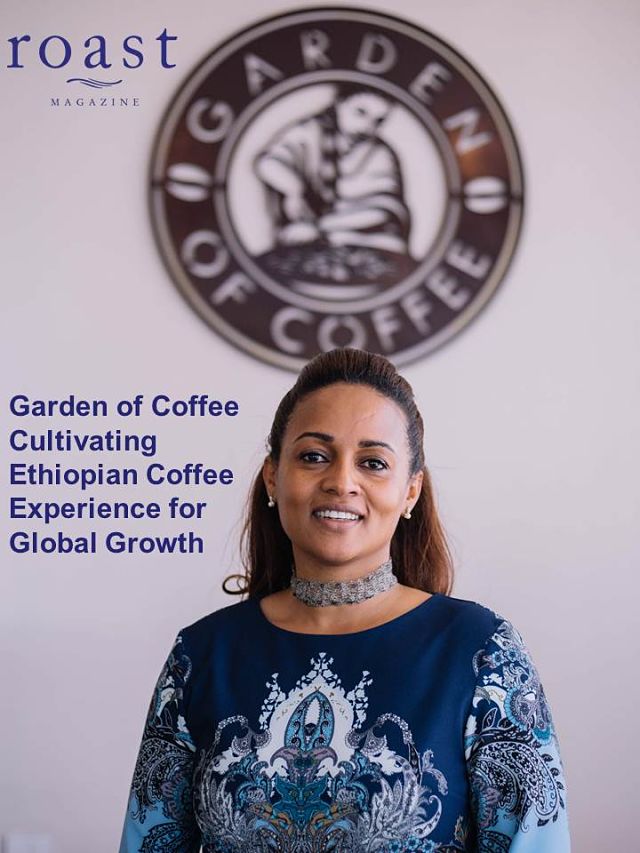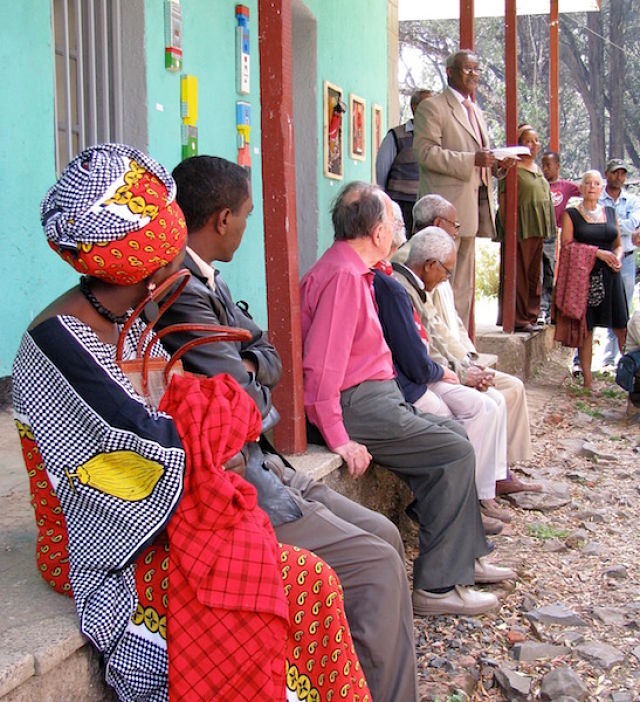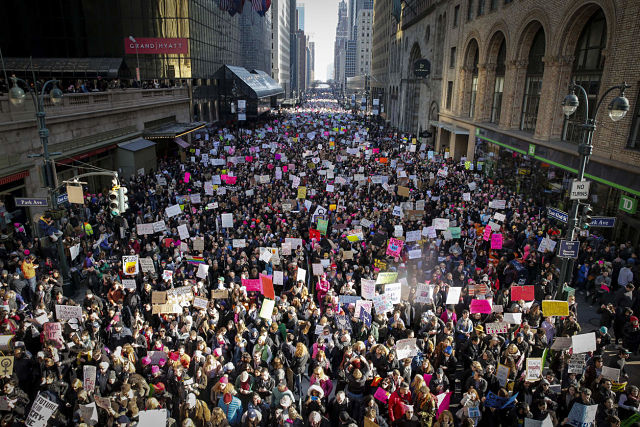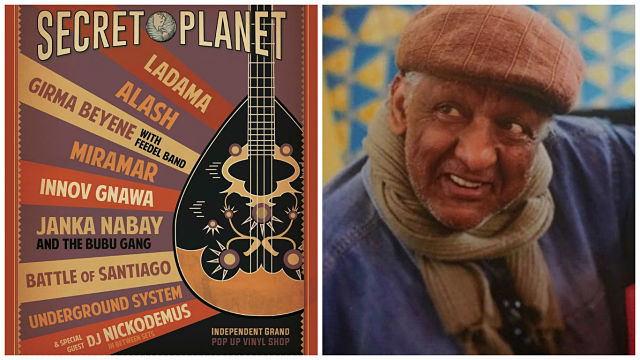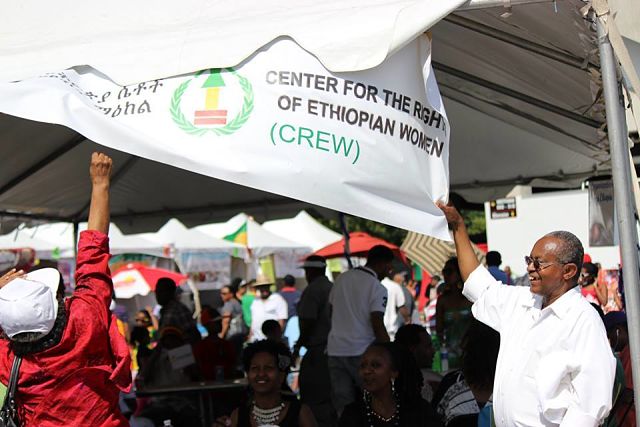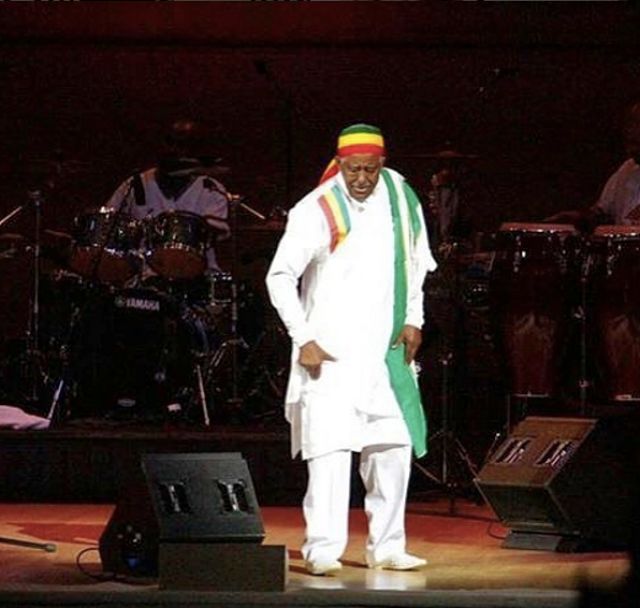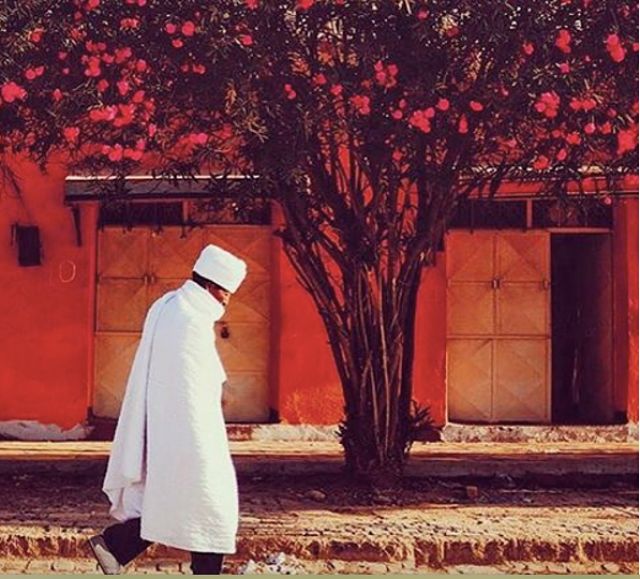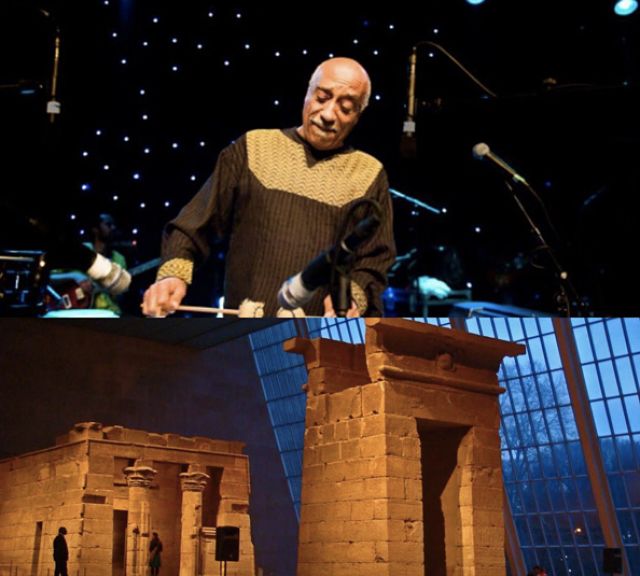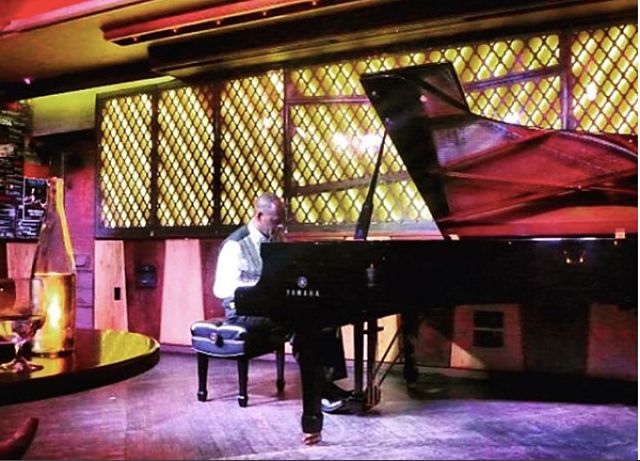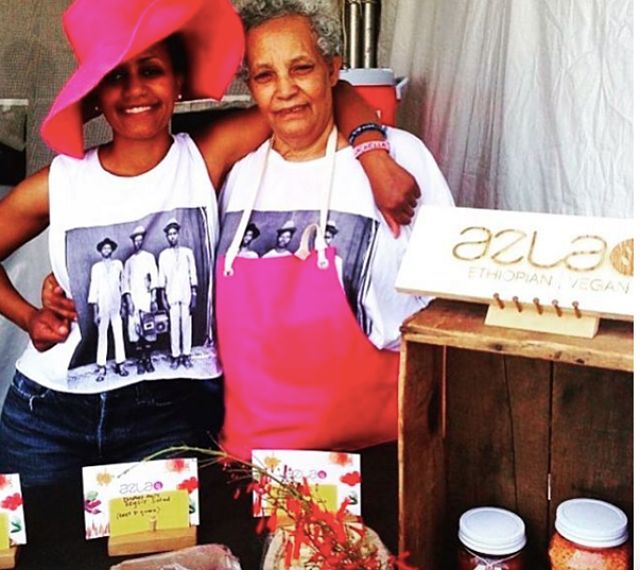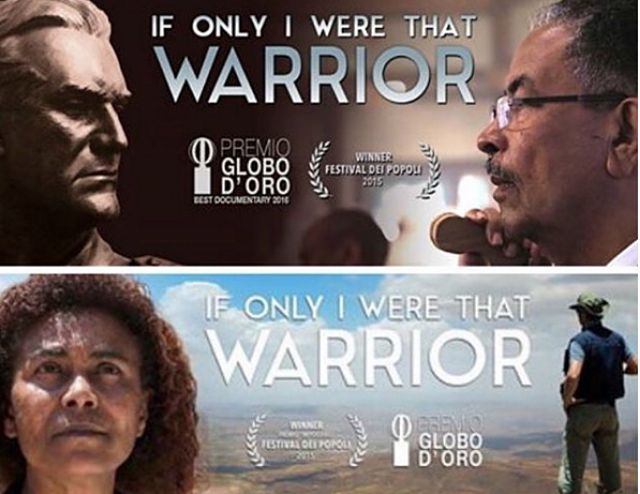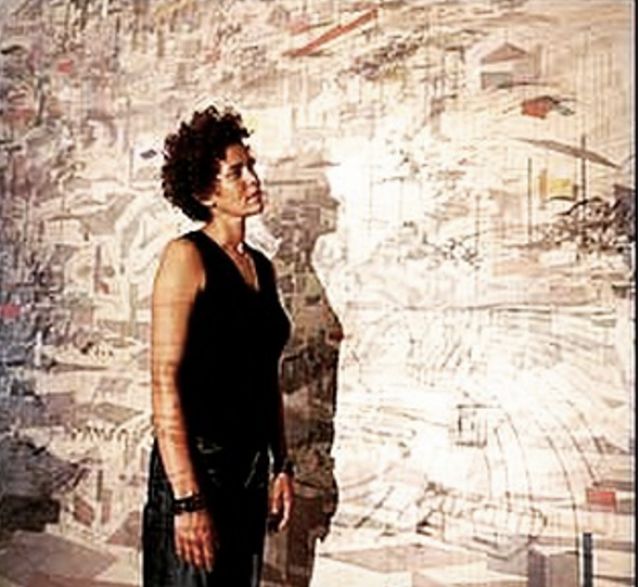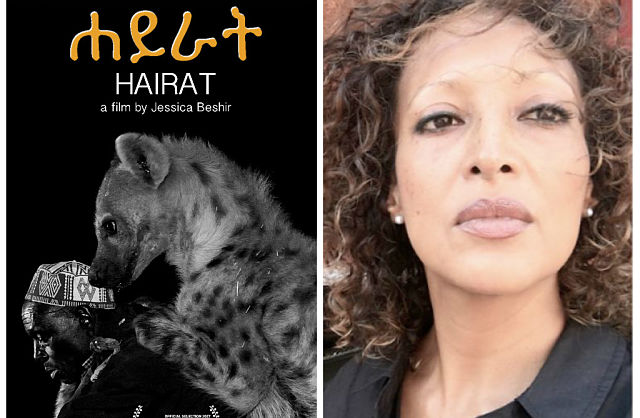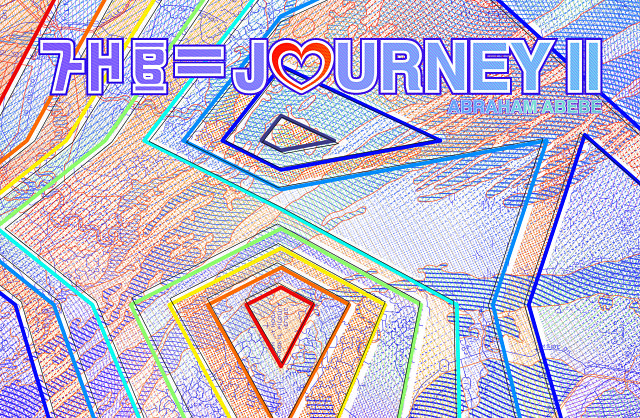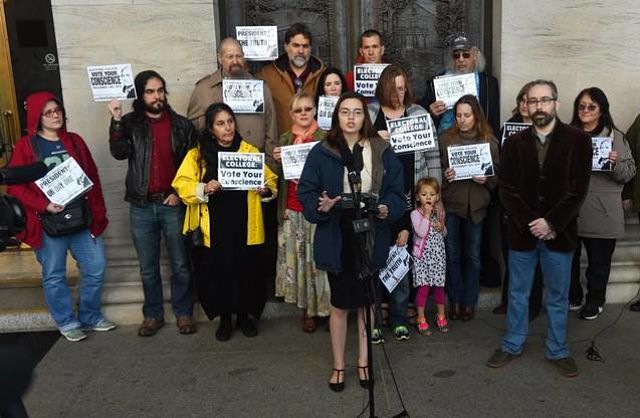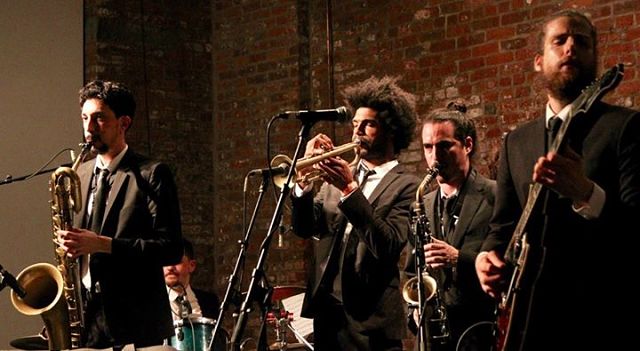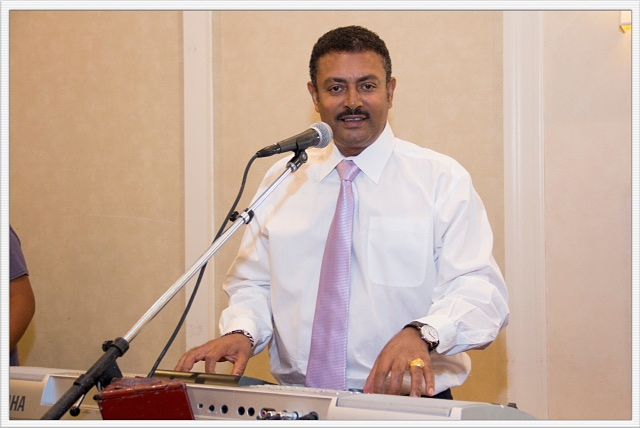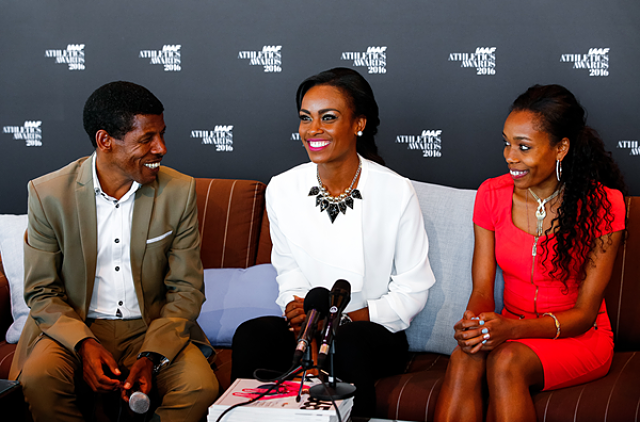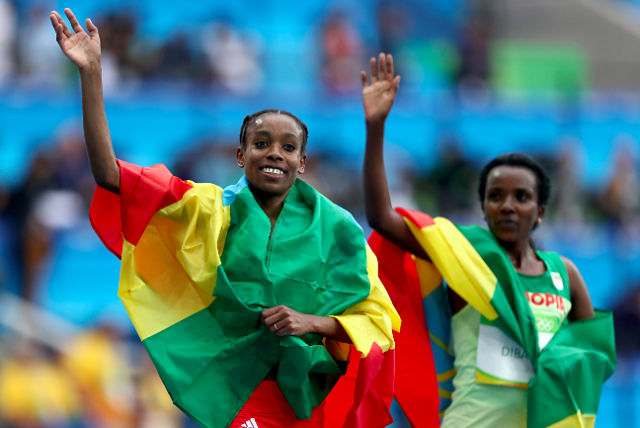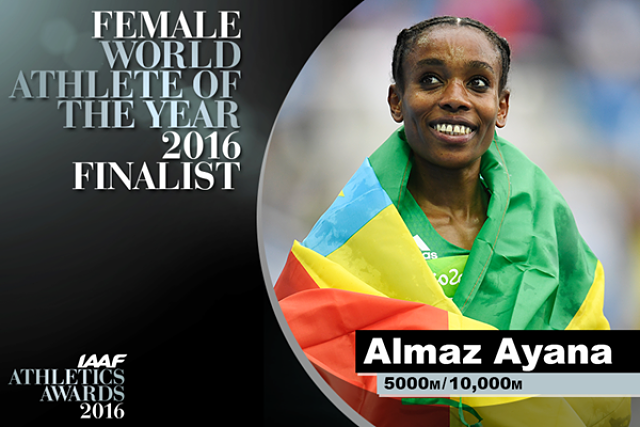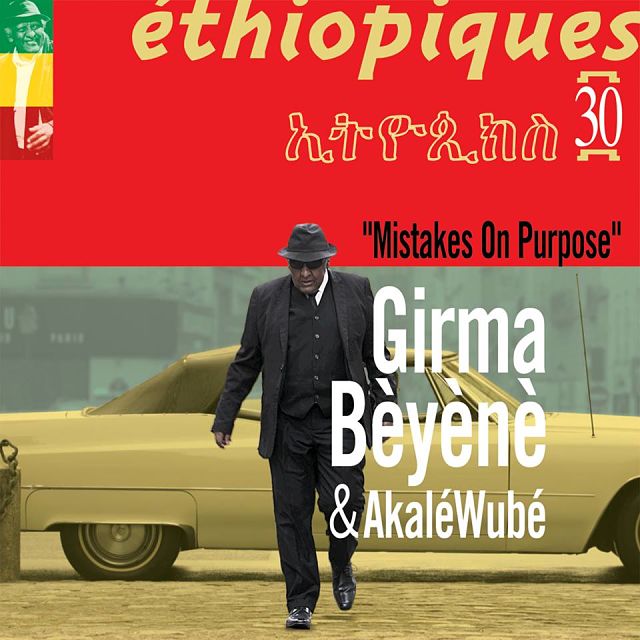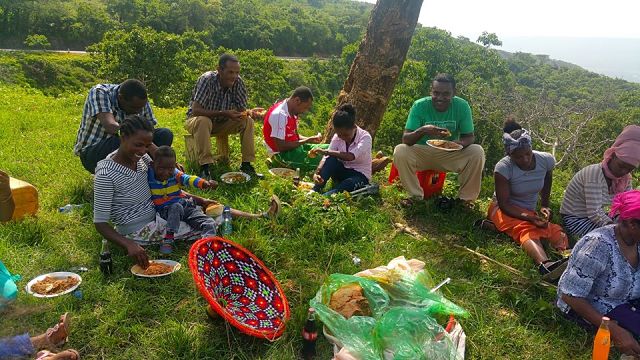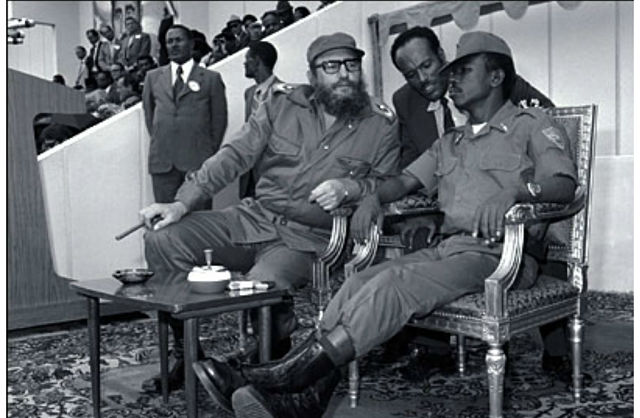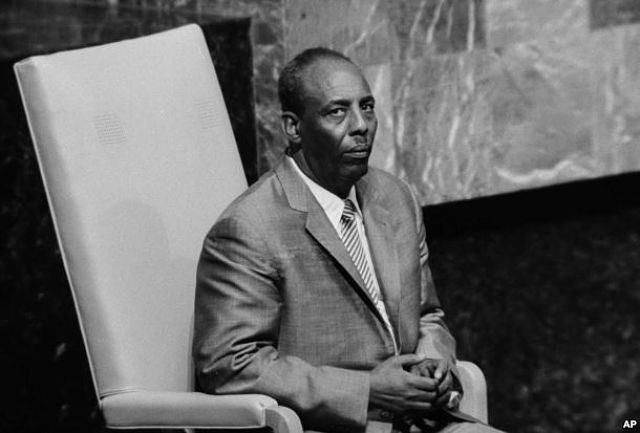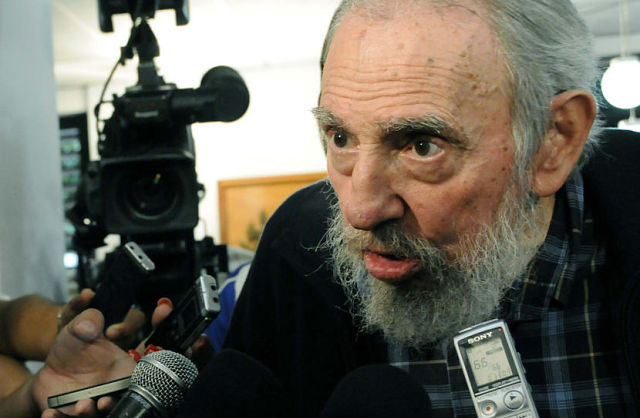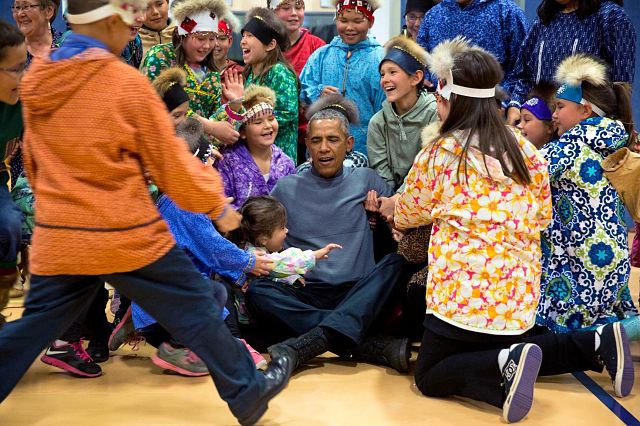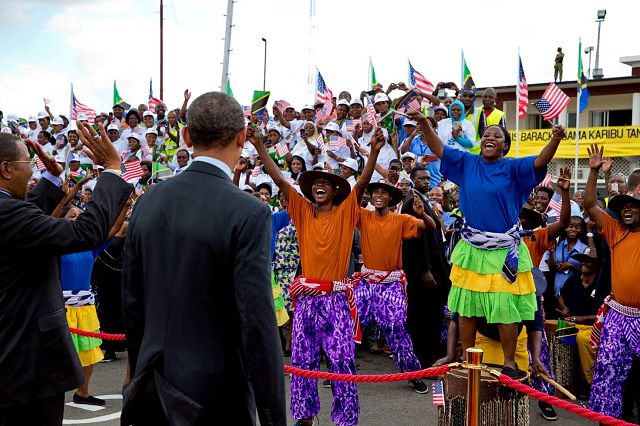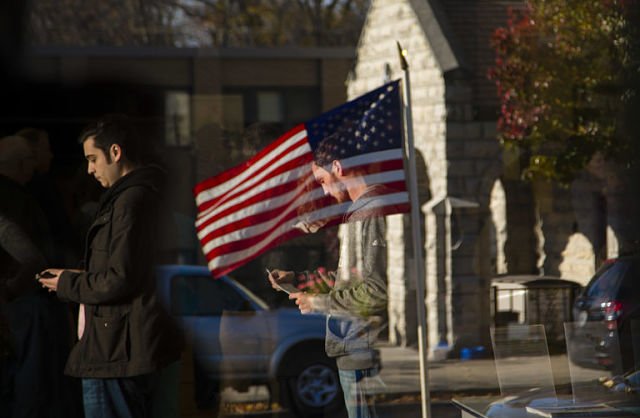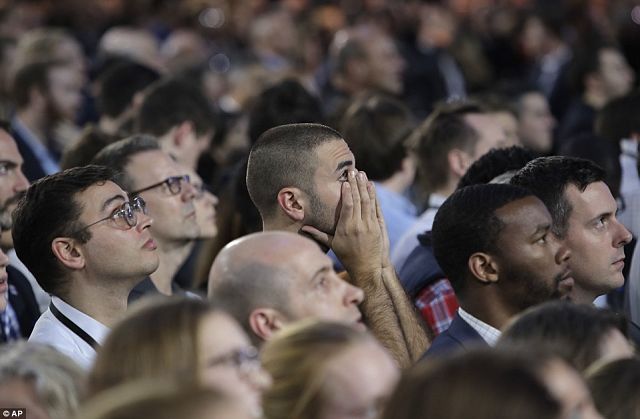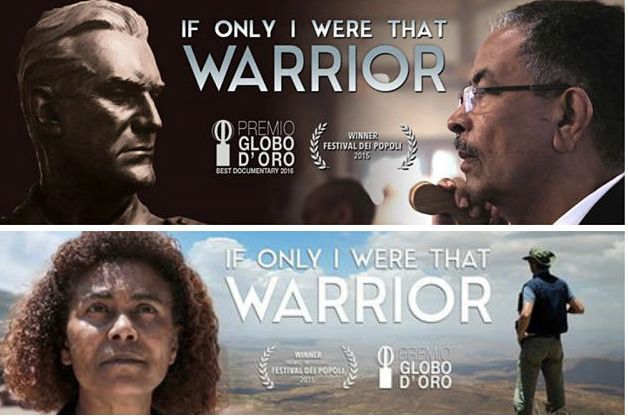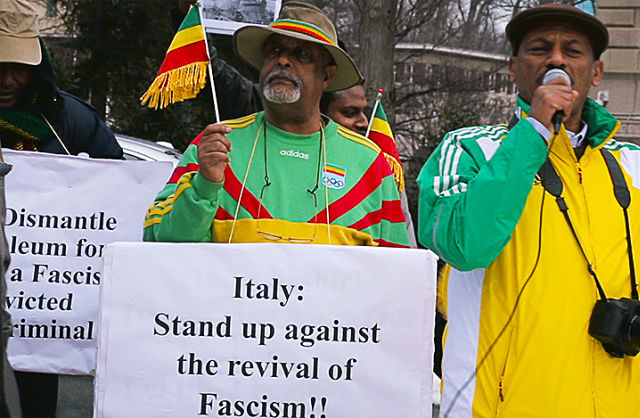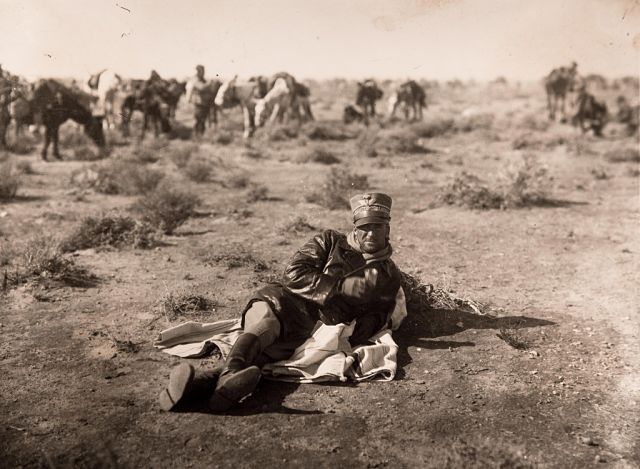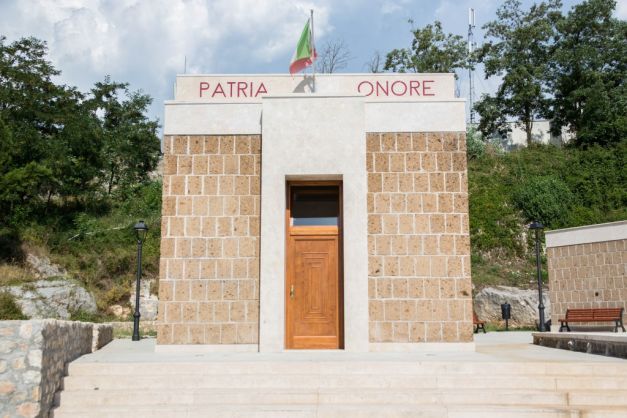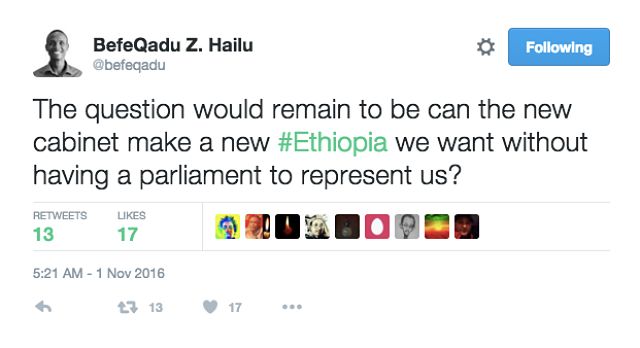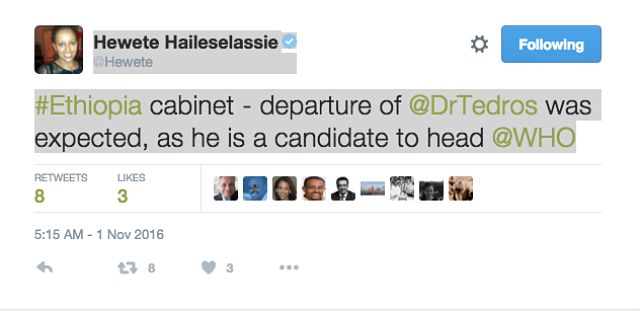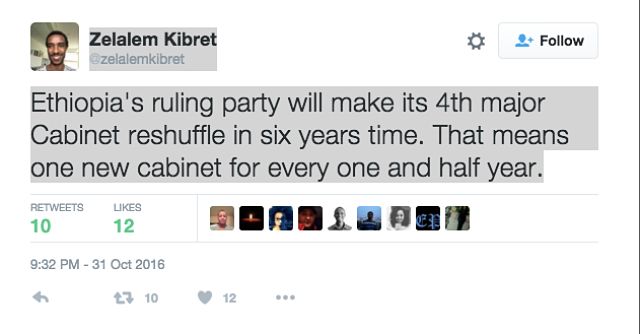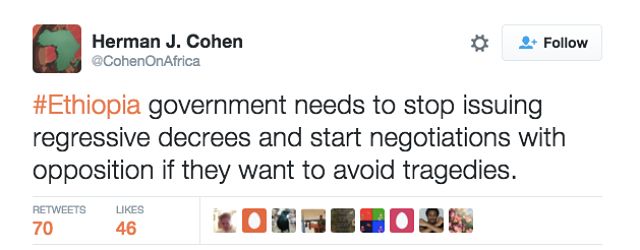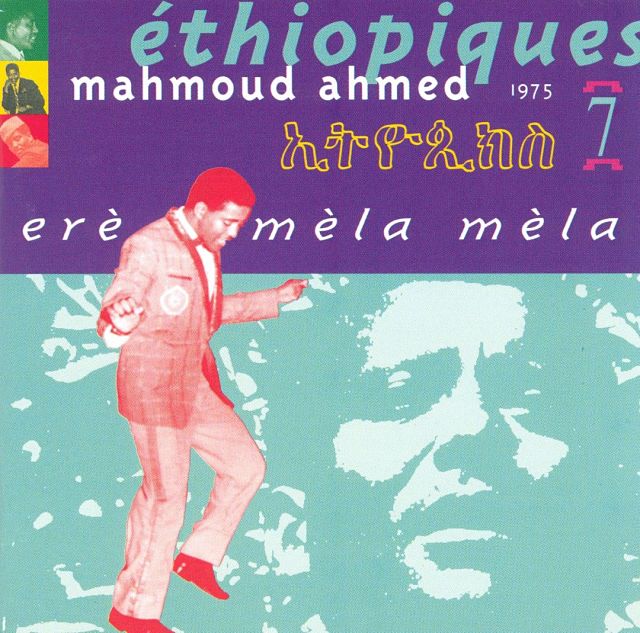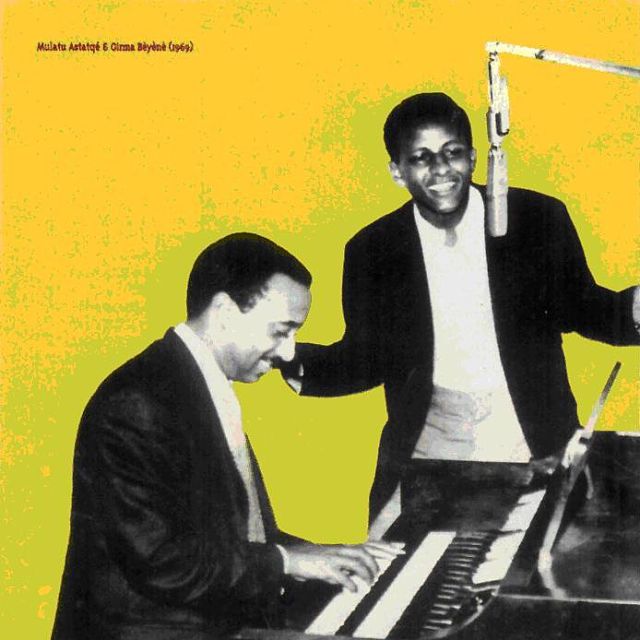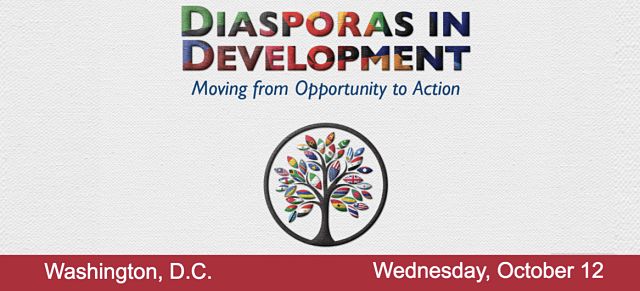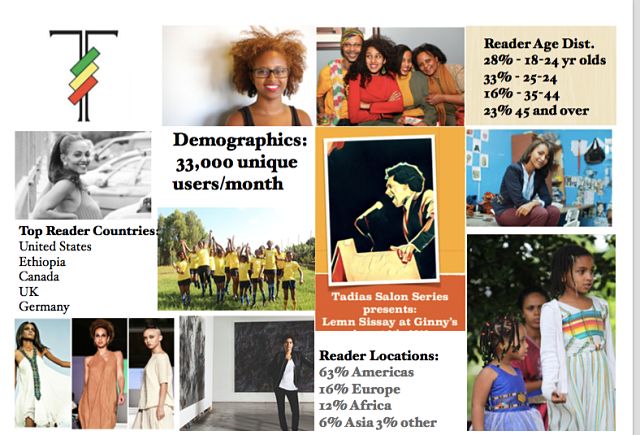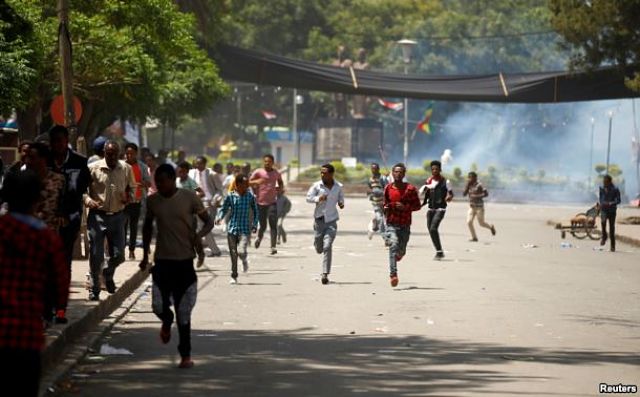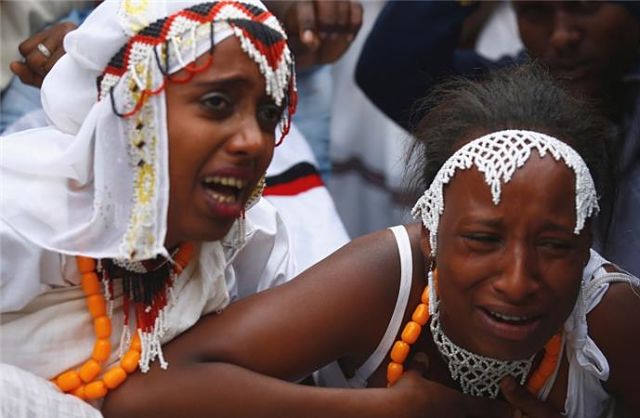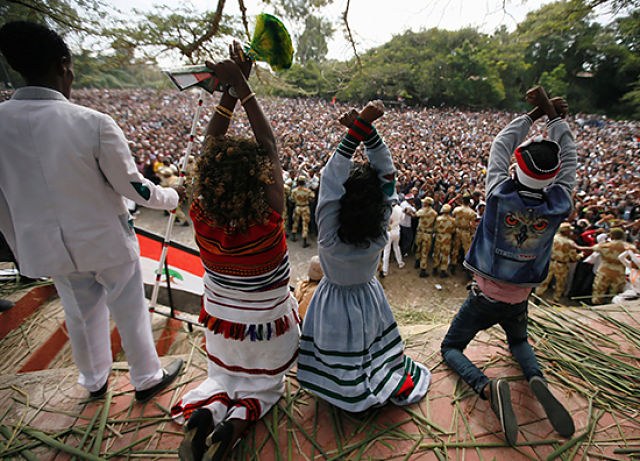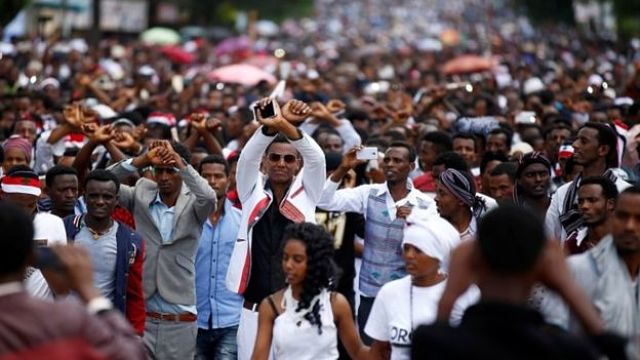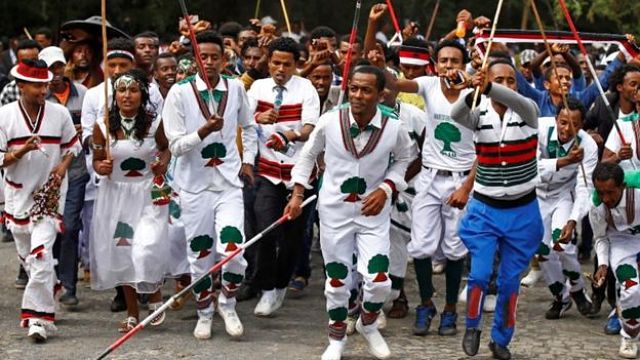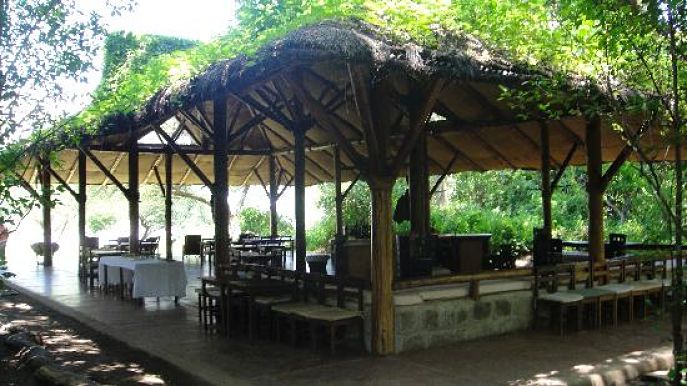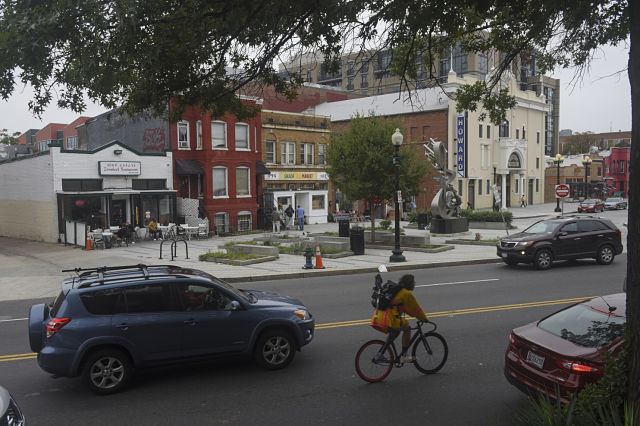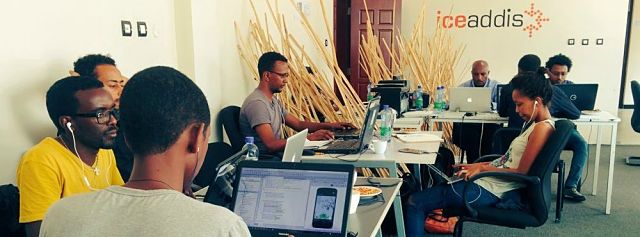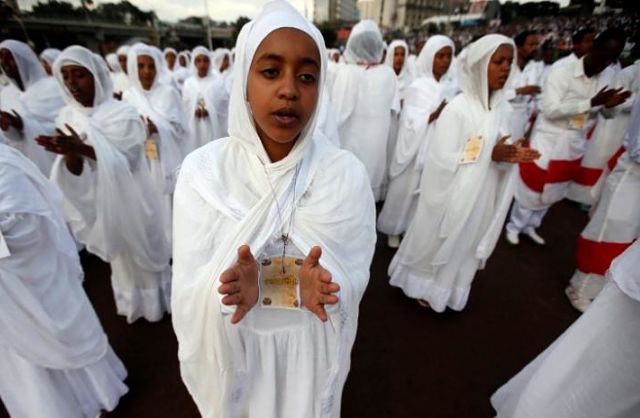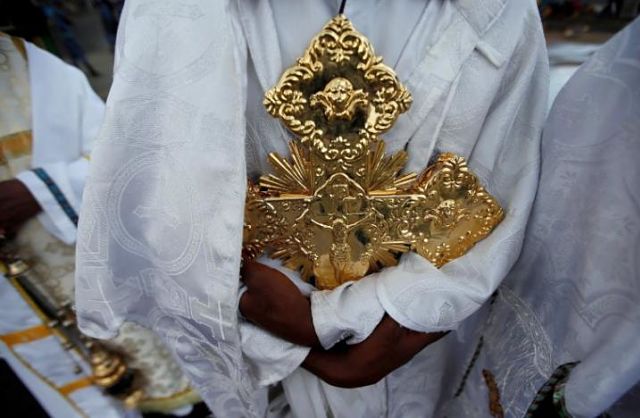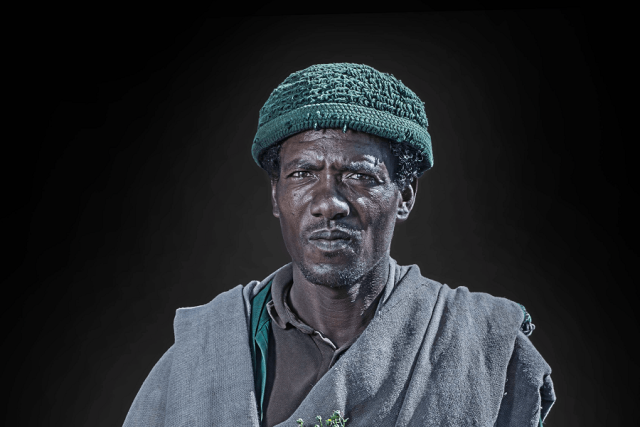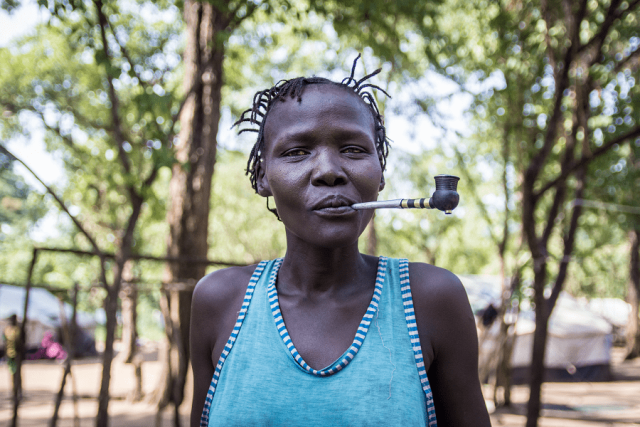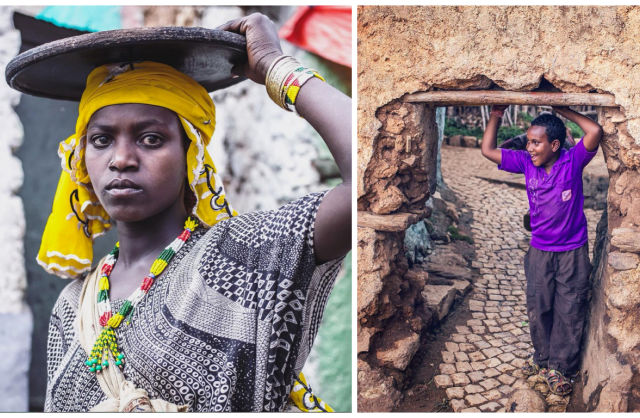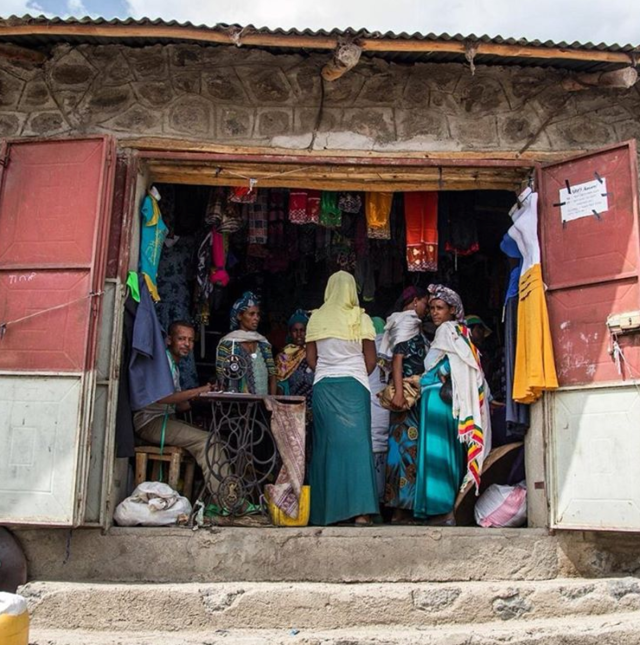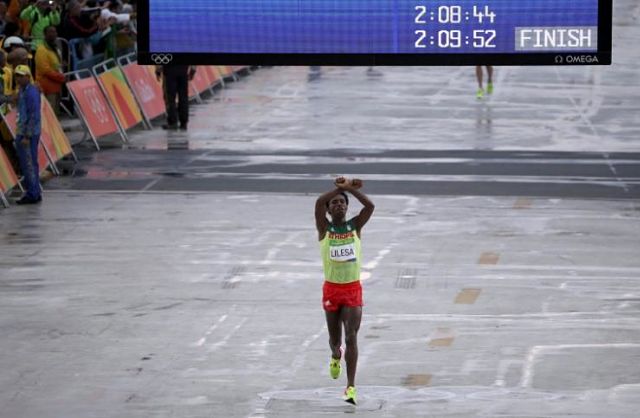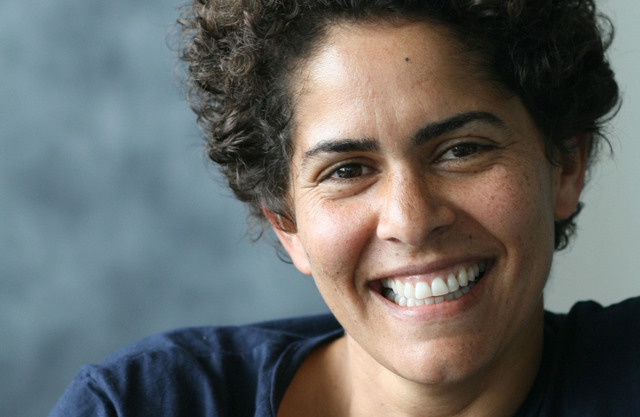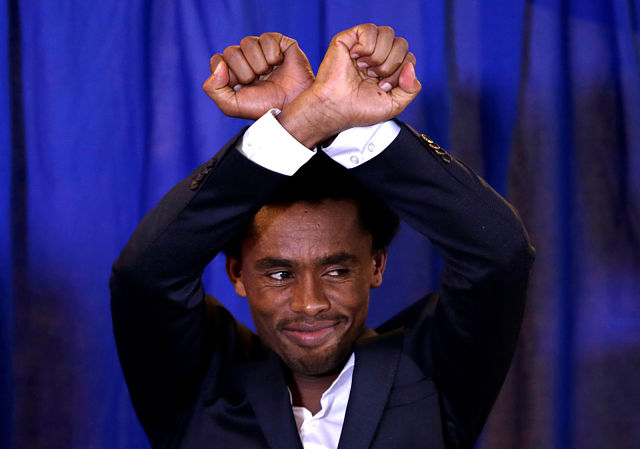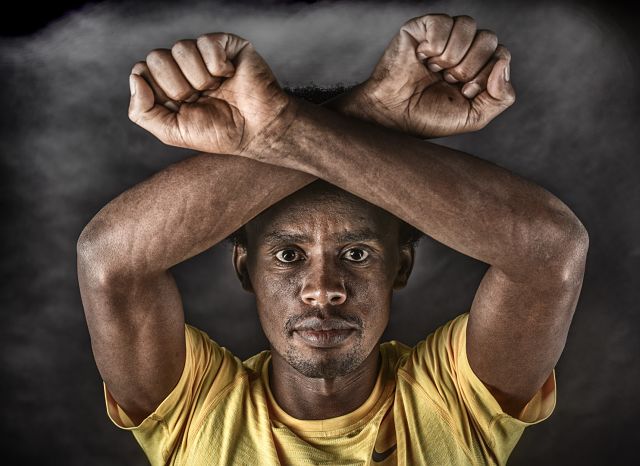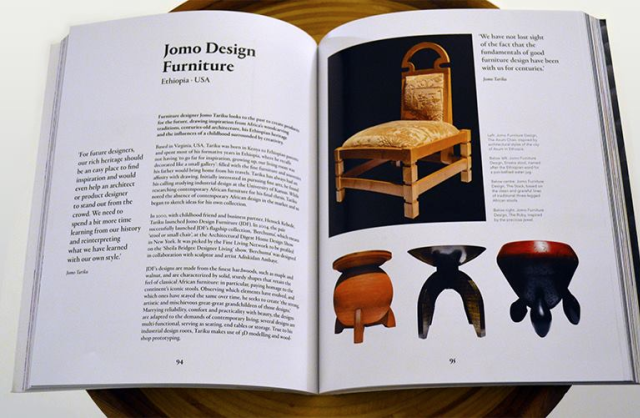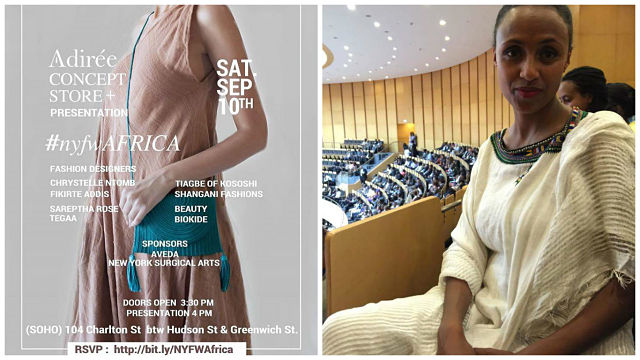The Washington Post
December 16th, 2016
Obama says ‘we will’ retaliate against Russia for election hacking
President Obama said the United States will retaliate against Russia over its malicious cyber-activity during this year’s election, in an interview that aired Friday on NPR.
“I think there is no doubt that when any foreign government tries to impact the integrity of our elections . . . we need to take action,” the president said. “And we will — at a time and place of our own choosing. Some of it may be explicit and publicized; some of it may not be.”
Russian President Vladimir Putin’s spokesman responded by suggesting that the president and his aides were casting aspersions on Russia without offering any proof.
In a statement carried by Russian news agencies, Putin spokesman Dmitry Peskov said the U.S. government should “either stop talking about it or finally produce some evidence, otherwise it all begins to look unseemly.”
In the interview with “Morning Edition” host Steve Inskeep the president did not comment on last week’s Washington Post report, later confirmed by other outlets, that the CIA has concluded with high confidence that Russia intervened in the election specifically to help Donald Trump win the White House. Seventeen U.S. intelligence agencies publicly announced in October that they had concluded the theft of emails from the Democratic National Committee and Hillary Clinton’s campaign manager John Podesta was undertaken by hackers working for Russia.
Read more at The Washington Post »
—
Related:
A Times Investigation: How Moscow Aimed a Perfect Weapon at 2016 U.S. Election
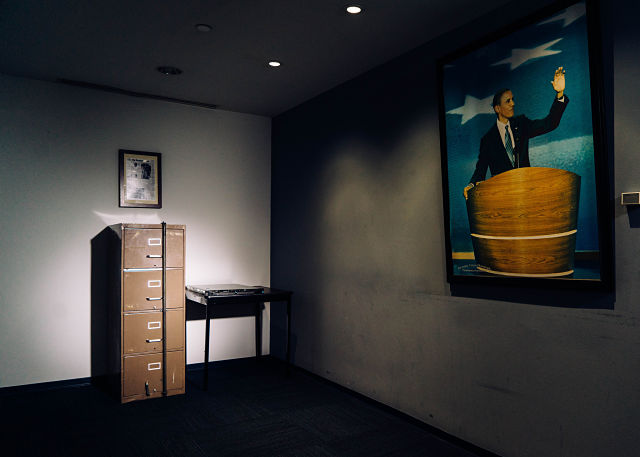
A filing cabinet broken into in 1972 as part of the Watergate burglary sits beside a computer server that Russian hackers breached during the 2016 presidential campaign at DNC headquarters in Washington. (NYT)
The New York Times
The Perfect Weapon: How Russian Cyberpower Invaded the U.S.
WASHINGTON — When Special Agent Adrian Hawkins of the Federal Bureau of Investigation called the Democratic National Committee in September 2015 to pass along some troubling news about its computer network, he was transferred, naturally, to the help desk.
His message was brief, if alarming. At least one computer system belonging to the D.N.C. had been compromised by hackers federal investigators had named “the Dukes,” a cyberespionage team linked to the Russian government.
The F.B.I. knew it well: The bureau had spent the last few years trying to kick the Dukes out of the unclassified email systems of the White House, the State Department and even the Joint Chiefs of Staff, one of the government’s best-protected networks.
Yared Tamene, the tech-support contractor at the D.N.C. who fielded the call, was no expert in cyberattacks. His first moves were to check Google for “the Dukes” and conduct a cursory search of the D.N.C. computer system logs to look for hints of such a cyberintrusion. By his own account, he did not look too hard even after Special Agent Hawkins called back repeatedly over the next several weeks — in part because he wasn’t certain the caller was a real F.B.I. agent and not an impostor.
“I had no way of differentiating the call I just received from a prank call,” Mr. Tamene wrote in an internal memo, obtained by The New York Times, that detailed his contact with the F.B.I.
It was the cryptic first sign of a cyberespionage and information-warfare campaign devised to disrupt the 2016 presidential election, the first such attempt by a foreign power in American history. What started as an information-gathering operation, intelligence officials believe, ultimately morphed into an effort to harm one candidate, Hillary Clinton, and tip the election to her opponent, Donald J. Trump.
Like another famous American election scandal, it started with a break-in at the D.N.C. The first time, 44 years ago at the committee’s old offices in the Watergate complex, the burglars planted listening devices and jimmied a filing cabinet. This time, the burglary was conducted from afar, directed by the Kremlin, with spear-phishing emails and zeros and ones.
Read more at NYTimes.com »
—
Related:
Did Moscow Install America’s Next President? US Launches Investigations
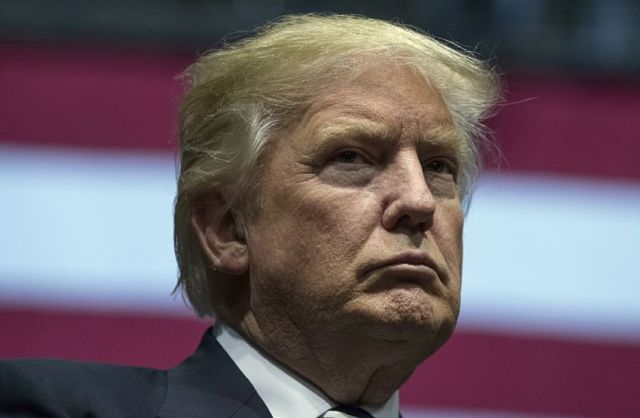
U.S. intelligence agencies have concluded with “high confidence” that Russia hacked the 2016 U.S. presidential election to help Donald Trump win. President Obama has ordered full review. (AP photo)
VOA News
Updated: December 13, 2016
US Launches Investigations into Russian Election Tampering
Intelligence committees in both houses of Congress launched investigations Monday into accusations that Russia interfered in the U.S. presidential election to boost the chances that President-elect Donald Trump would win.
President Barack Obama also ordered a full review by the intelligence community into the allegations.
“The reason that I’ve called for a review is to really just gather all of the threads of the investigations, the intelligence work that has been done over many months, so that the public and our elected representatives going forward can find ways to prevent this kind of interference from having an impact on the elections in the future.”
The probes amounted to an early rebuke of Trump, who over the weekend said the Central Intelligence Agency conclusion was “ridiculous” that Russia engaged in cyberattacks to help him win. He continued to assail the finding Monday.
Even before he assumes power next month, the Republican Trump’s mocking of the CIA conclusion about Russian interference on his behalf put him at odds with both of the top Republican lawmakers, Senate Majority Leader Mitch McConnell and House of Representatives Speaker Paul Ryan. They endorsed bipartisan probes conducted by the intelligence committees in each chamber of Congress.
WATCH: McConnell on Russia hacking
“The Russians are not our friends,” McConnell said. He added that the investigation should be undertaken with the idea that “the Russians do not wish us well.” Ryan said the House probe “should not cast doubt” on Trump’s victory, but that foreign interference in a U.S. election was “entirely unacceptable” and Russian involvement “especially problematic.”
White House spokesman Josh Earnest said the congressional review “is certainly warranted when you consider the stakes and the consequences.”
But Trump spokesman Jason Miller called the CIA conclusion about Russian interference “an attempt to delegitimize President-elect Trump’s win.”
Clinton camp responds
Trump’s election opponent, Democrat Hillary Clinton, has been silent about the Russian hacking allegations. But her campaign manager, John Podesta, on Monday demanded that the administration of President Barack Obama declassify and release all the information it has about Russia meddling in the election.
Clinton won the national popular vote against Trump but lost where it mattered, in the state-by-state contests that decide U.S. presidential elections. Podesta called for release of the intelligence data before electors in the Electoral College vote to formally ratify Trump’s victory on December 19.
In a pair of comments on Twitter, Trump questioned why information about the computer hacking was not widely known before the election.
He contended that if Clinton had won the election and Republicans “tried to play the Russia/CIA card, it would be called conspiracy theory.”

He added, “Unless you catch ‘hackers’ in the act, it is very hard to determine who was doing the hacking. Why wasn’t this brought up before election?”
But U.S. officials did in fact publicly accuse Russia of trying to undermine the presidential election in early October, saying intelligence agencies were “confident” Russia directed hacks of the Democratic National Committee that resulted in controversial emails being leaked before the Democratic nominating convention.

Obama spokesman Earnest said, “This was all material that was known by Republican politicians in the Congress that endorsed the president-elect. And how they reconcile their political strategy and their patriotism is something they’ll have to explain.”
Trump: I don’t believe it
Trump’s latest remarks came after he told Fox News in an interview aired Sunday that the CIA conclusion about Russian cyberattacks to boost his chances of winning was “just another excuse” by Democrats to explain his stunning upset of Clinton, a former U.S. secretary of state.
“I don’t believe it. If you take a look at what [the CIA] said, there’s great confusion,” Trump said Sunday. “Nobody really knows. They have no idea if it’s Russia or China or somebody. It could be somebody sitting in a bed someplace.”
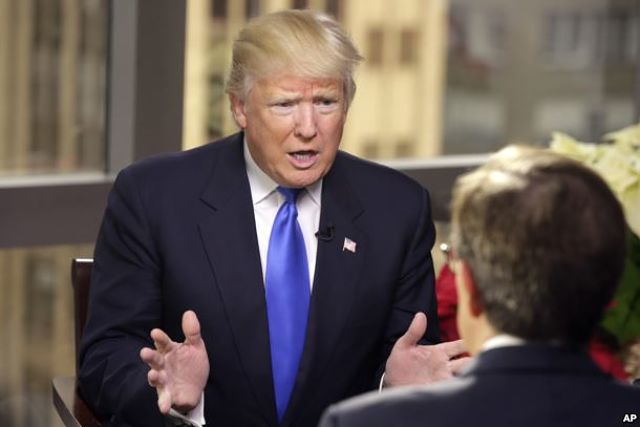
President-elect Donald Trump is interviewed by Chris Wallace of “Fox News Sunday” at Trump Tower in New York, Dec. 10, 2016. (AP photo)
Trump told Fox News that he does not oppose Obama’s order to review cyberattacks the CIA concluded came from Russia during the lengthy presidential campaign, but said, “You should not just say ‘Russia.’ You should say other countries also, and maybe other individuals.” The CIA said it had “high confidence” that Russia sought to help Trump win.
U.S. intelligence agencies have concluded Russia interfered in the final stretch of the presidential campaign to help Trump win the presidency, and not simply meddle in the U.S. electoral process as previously believed, according to senior Obama administration officials. The conclusion is based to some extent on a finding that Russians hacked the Republican National Committee’s computer systems, in addition to those of Democratic organizations, but disclosed only embarrassing emails from the Democrats, via WikiLeaks.
Reince Priebus, the head of the Republican National Committee and Trump’s pick for White House chief of staff, told ABC News the party was not hacked.
“The entire report is based on unnamed sources who are perhaps doing something they shouldn’t be doing by speaking to reporters or someone talking out of line about something that is absolutely not true,” Priebus said Sunday.

Senate Armed Services Committee Chairman Sen. John McCain, R-Ariz. speaks on Capitol Hill in Washington. (AP photo)
Trump’s rejection of the CIA conclusion came as Arizona Senator John McCain, the losing 2008 Republican presidential candidate, and three other senators called for the investigation into Moscow’s interference in the election, saying that it “should alarm every American.” McCain, along with Republican Lindsey Graham and Democrats Jack Reed and Chuck Schumer, said the United States needs to stop “the grave threats that cyberattacks conducted by foreign governments pose to our national security.”
—
Related:
Russian Hackers Acted to Aid Trump in Election, U.S. Says (The New York Times)
Secret CIA assessment says Russia was trying to help Trump win White House (The Washington Post)
Join the conversation on Twitter and Facebook.


